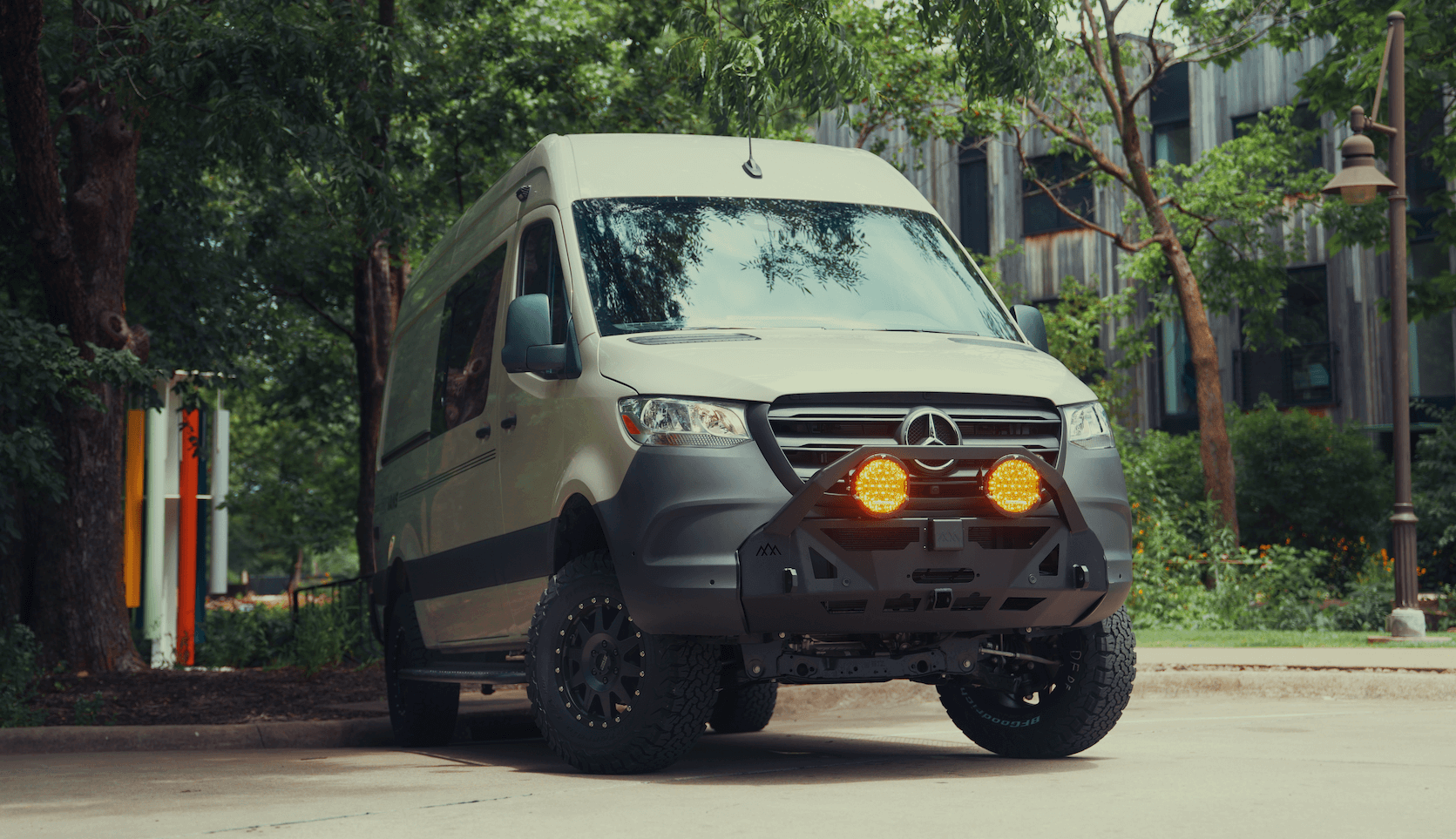Recreational Vans

A camper van’s gas mileage varies widely because no two rigs carry the same weight or shape. Expect a realistic range of 12 to 22 mpg across common platforms. Gas powered Ford Transit and Ram ProMaster builds often settle around 14 to 18 mpg after conversion. Diesel Mercedes Sprinter models can reach the high teens or low twenties when kept light and aerodynamic. Lifts, all terrain tires, roof gear, and fast cruising speeds typically knock a few mpg off those figures.
Diesel engines usually return better highway mpg thanks to higher energy density and lean burn characteristics. They also tend to deliver more torque at lower rpm, helpful on grades. Gas engines cost less to buy and maintain for many owners and are easy to service nationwide. In mixed driving, a well kept diesel Sprinter may beat a comparable gas Transit by several mpg, but total ownership cost and service access matter as much as the fuel line on paper.
Aerodynamics
Weight
Rolling resistance
Drivetrain
Driving environment
A minimalist weekend layout can keep a gas van near 18 to 20 mpg on calm highways. Add a high roof, tall rack, awning, knobby tires, a swing out carrier, and dense gear, and the same van may drop to 13 to 15 mpg. Diesel rigs show the same pattern, just shifted a couple mpg higher when lightly equipped. Smart packaging and clean airflow matter as much as engine choice.
City driving reduces these numbers, while steady rural routes can improve them. Towing small trailers, carrying motorcycles, or hauling full water and fuel loads will reduce mpg further.
A camper van is a house on wheels. Compared to a small car, more mass and frontal area will always consume more fuel. The goal is not to chase sports car numbers, but to choose the right platform, pack intentionally, and drive with finesse so the van returns consistent, predictable mpg on the routes you love.
You want comfort without a thirsty rig. We design layouts that keep weight low and centralized, select materials with excellent strength to weight ratios, and recommend aerodynamic accessory packages that do the job without creating a sail on the roof. Our suspension and tire choices are matched to your terrain so rolling resistance stays in check while ride quality improves. If you want a deeper look at platforms and options, start with Explore recreational vans, then see our process in Custom van build details or consider finance friendly options in Browse mainstream vans.
Ready to turn this knowledge into a van that goes farther on every gallon? OZK Customs builds complete adventure vans and targeted upfits in Fayetteville Arkansas, dialing in weight, airflow, and drivability to meet your goals. Tell us how you travel and we will shape an efficient rig around it.
Ready for an efficient adventure rig built with smart weight, balanced systems, and road tested components? Share your goals and timeline. OZK Customs designs and builds complete vans or targeted upfits that look great and sip fuel on the highway. Start your build plan today and lock in your spot.
ADDRESS:
6159 E Huntsville Rd, Fayetteville, AR 72701
PHONE:
(479) 326-9200
EMAIL:
info@ozkvans.com